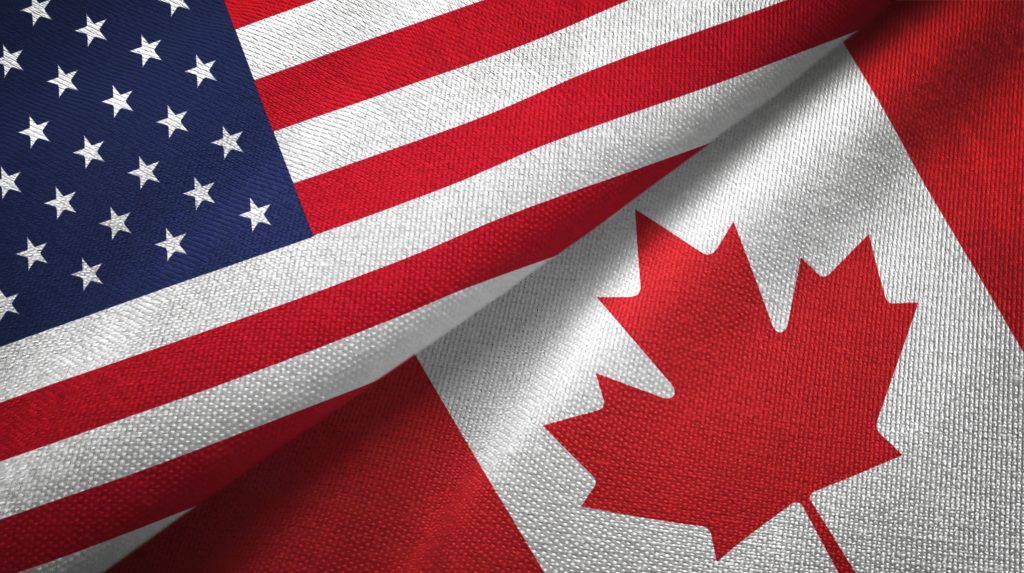
Canada has warned social media companies, most of which are based in the United States, that it will begin charging for the use of company media links on their platforms. Google and Meta have said they will block Canadian news stories from American feeds to avoid paying for them after the law takes effect. (Source: Adobe Stock)
Canadian Law to Require Social Media Companies to Reimburse News Agencies for Links
It is never a dull day in the world of social media giants. Companies like Google, Meta, and others always seem to have something boiling over. This week it is news from Canada courtesy of npr.com.
Canada has passed a new piece of legislation called the Online News Act. But it could take months for it to take effect. Once it does, Google and Meta say they will start removing news articles by Canadian news outlets from their services in the country.
The npr.com article by Bobby Allyn points out how Canadian news outlets have taken a beating since the advent of social media. The number of people who get their news from social media outlets is staggering.
In 2019, the Pew Research Center found that over half of Americans (54%) either got their news “sometimes” or “often” from social media, and Facebook was the most popular social media site where American adults got their information. And the same holds in Canada.
Now the Canadian government has picked up where Australia left off. Canada’s law was modeled on a similar effort in Australia, where Meta blocked news articles for nearly a week before tense negotiations eventually led Meta and Google to strike deals with news publishers.
Big Money At Stake
While Canada has seen around 450 news outlets close their doors in recent years.
“Digital platforms and social media are now the gateways where people find, read and share news. Because of this, advertising revenues have shifted away from local news and journalists to these gatekeepers, who profit from the sharing and distribution of Canadian news content,” government backers of the bill wrote in April.
Social media companies have long opposed this legislation because of the potentially high costs.
Government estimates predict that the law would inject $329 million into the Canadian news industry, plagued by news staff layoffs and other downsizing. It’s a slippery slope for both sides of this issue. Imagine a person calling someone on the phone and telling them about a news story, then the government requiring the phone company to pay a fee.
Coming to America
Google, too, does not consider news articles as essential to its service. So Meta And Google have wagered that it is simply easier to block links to news articles than to start paying news organizations.
While most major publishers in Canada back the new law, outside media observers have not been so sure.
Tech writer Casey Newton argued that a tax on displaying links would “effectively break the internet” if it was applied to the rest of the web. Other critics have pointed to the lack of transparency over who actually would receive a cash infusion from the tech companies. Some fear the programs could be hijacked by disinformation sites that learn how to game the system.
And another piece of information in the article might catch your attention.
A bill to force tech companies to pay publishers is also advancing in California, where the tech industry has levied similar threats of pulling out all news content.
read more at npr.org







Leave A Comment